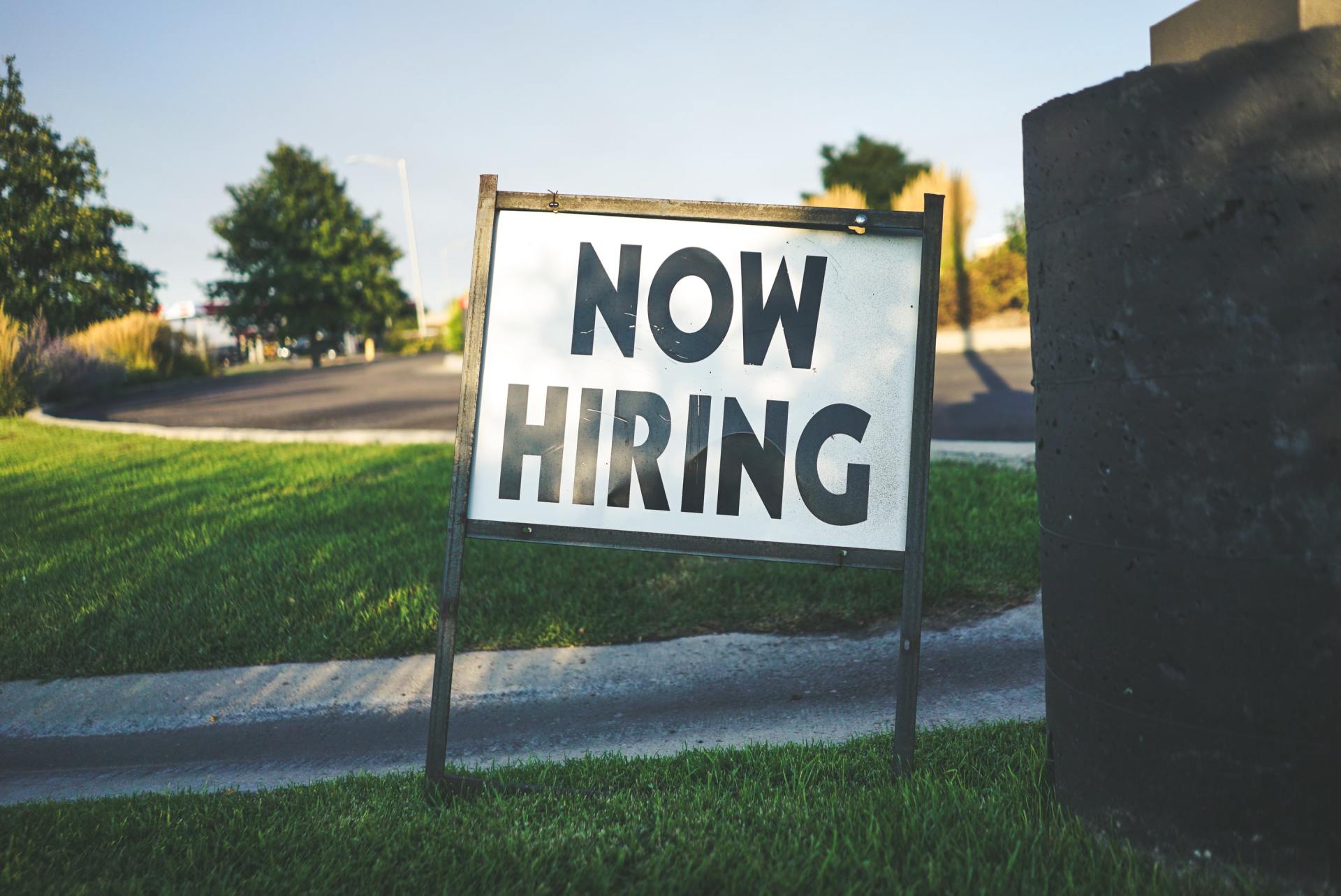


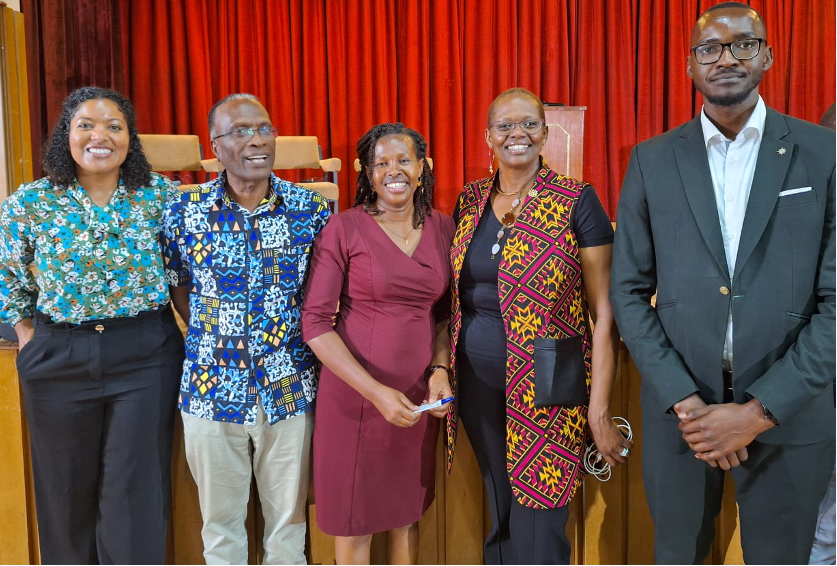
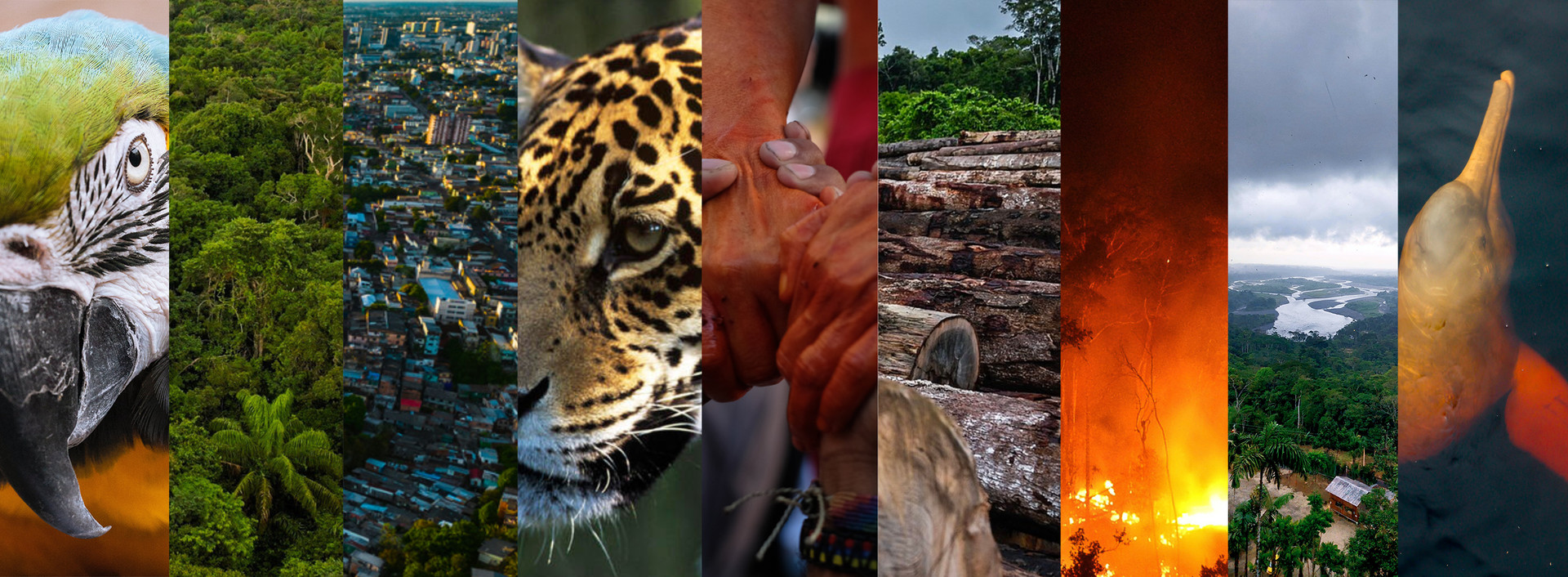
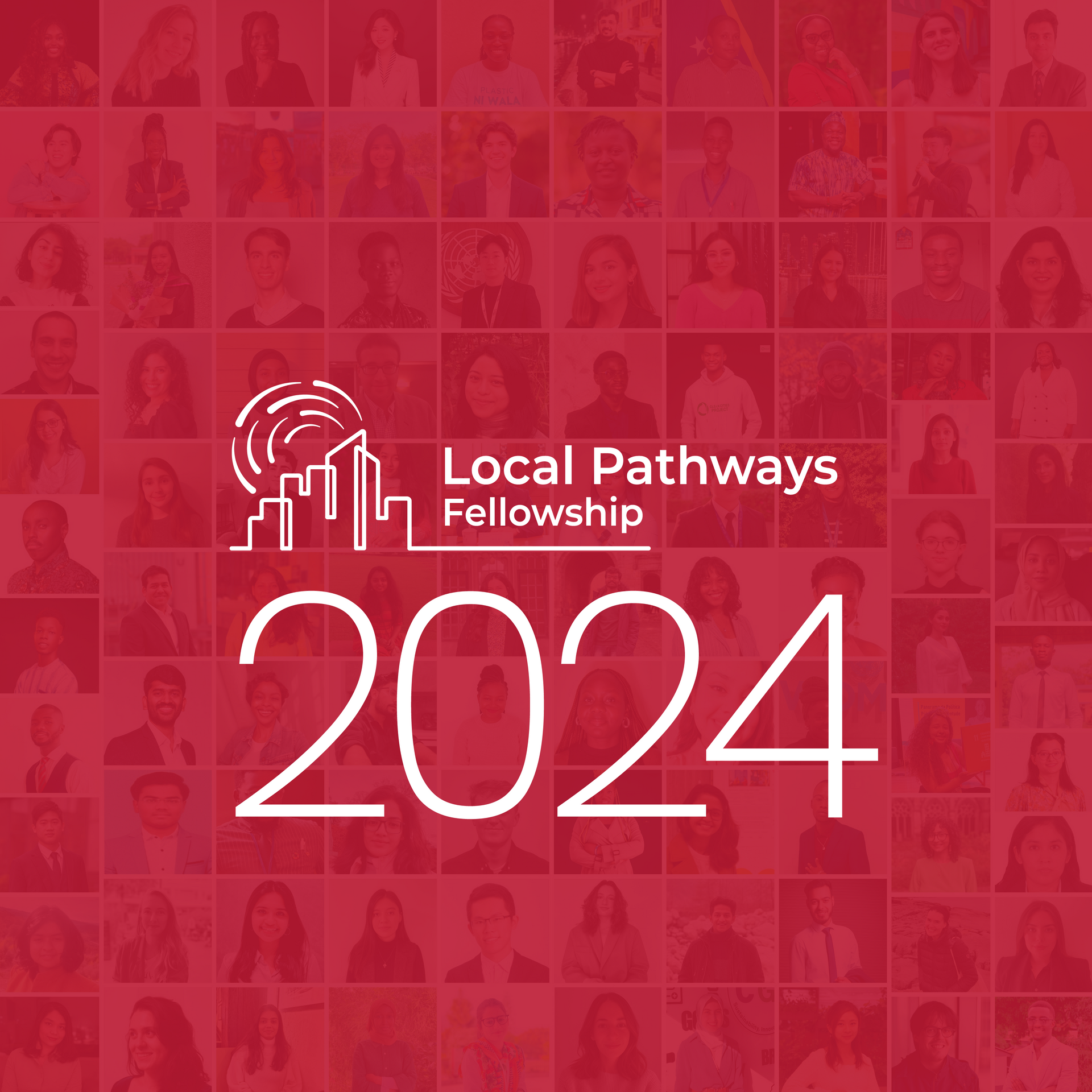
This statement is solely that of the individual participants of the Science and Ethics Study Group under the auspices of the UN Sustainable Development Solutions Network (SDSN), and not that of any other organization, including the Holy See, the United Nations, or any national government.
Reaching a Just and Lasting Peace in Ukraine
Statement by Participants of the Science and Ethics of Happiness Study Group
Meeting hosted at the Casina Pio IV, Vatican City, June 6-7, 2022
Jesus
taught the world that peacemakers are blessed, for they are the children
of God. As war rages in Ukraine, the
world needs peacemakers to help the warring sides to choose peace over
continued conflict. The US, European
Union, Turkey, China, and other countries should help both sides to feel secure
in a negotiated peace agreement. For
Ukraine, security means that a peace agreement will not be followed by renewed
Russian threats or incursions. For Russia, security means that withdrawing from
Ukraine will not be followed by the eastward expansion of NATO and heavy
armaments into Ukraine. Peace, in short,
means a neutral Ukraine that is secure in its sovereignty, independence, and territorial
integrity.
The aim of
peacemaking in Ukraine is not merely a negative peace – that is, a peace
without justice – but a positive peace, based firmly on the four pillars of moral
relations between states recognized by Saint John XXIII in his magisterial Pacem
in Terris
: truth, justice, willing cooperation, and freedom (Paragraph 80). Such moral relations are needed not only
between Russia and Ukraine, but also between Russia, the US, and the European
Union.
Russia’s invasion of Ukraine is no doubt in flagrant violation of the UN Charter and international law. Russia’s differences with Ukraine should certainly have been worked out through negotiations backed by the UN Security Council, with the security interests of all countries respected. Now, the grim realities of the ongoing battle, with neither side likely to win a decisive military victory, should push both sides to the negotiating table as soon as possible to avoid the prolongation of the war and to reach a peace with justice.
The war in Ukraine is likely to evolve into a war of attrition and end to as either a frozen conflict or a negotiated peace , rather than as an outright victory of one side over the other. A negotiated peace would be a superior outcome than the sacrifices of a war of attrition and a frozen conflict for both the peoples and governments of Ukraine, Russia, the US and EU, and the rest of the world.
If the war ends as a frozen conflict, Russia would continue to occupy a sizable part of eastern and southern Ukraine, while Western sanctions against Russia would remain in place. Trade and investment between Russia and the West would remain blocked, turning into a general contraction of world trade and development. Arms and military personnel would also continue to flow into Ukraine from outside sources.
If the war instead ends in a negotiated peace, further heavy casualties among the civilian population of Ukraine and the militaries of both sides would be avoided and the existence and independence of the Ukrainian state could be guaranteed against outside attempts to overthrow it. Most of the regions that Russia currently occupies would return to Ukrainian sovereignty, certain regions might become subject to special regulations, the Russian military would be withdrawn, and the Western sanctions would be lifted, allowing reconstruction and the implementation of a higher level of security for all the actors in the Ukrainian society and neighboring countries.
The basic terms of a possible peace agreement were outlined in the second part of March when negotiations between the two sides were reported by both sides to be progressing well, and again more recently in Italy’s proposal of a four-part peace plan in late May. In the negotiations in the second part of March, Ukraine suggested four points for a peace settlement: neutrality; international security guarantees for Ukraine; a prolonged period to determine conclusively the status of Crimea; and negotiations over “the complex issues of Donbas.” Italy’s Peace Plan also has four points: a ceasefire; Ukraine’s neutrality; ongoing negotiations over Crimea and Donbas; and multilateral negotiations within the OSCE and between Russia and NATO on regional security arrangements.
While relying on the practical wisdom ( phronesis ) of the blessed peacemakers, based on the identifiable roots of the conflict, the negotiations in March, and the peace initiatives to date, we would suggest the following benchmarks for a ceasefire and positive peace agreement:
(1)Neutrality of Ukraine, i.e., relinquishing the national ambition to join NATO while recognizing Ukraine’s freedom to enter into agreements with the European Union and others;
(2)Security guarantees for sovereignty, independence, and territorial integrity of Ukraine provided by the P-5 members of the United Nations (China, France, Russia, United Kingdom, and United States) plus the European Union and Turkey, which might include military transparency and restrictions of military stationing and large-scale exercises in border areas under international observation connected to the lifting of economic sanctions;
(3)Russian de facto control of Crimea for a period of years, after which the parties would seek through diplomacy a permanent de jure settlement, which might include facilitated access for local communities to both Ukraine and Russia, liberal border crossing policies for persons and trade, stationing of Russia’s Black Sea Fleet and financial compensations;
(4)Autonomy of the Lugansk and Donetsk regions within Ukraine, which might include economic, political, and cultural aspects, to be further detailed within a short period of time;
(5)Guaranteed commercial access of both Ukraine and Russia to the Black Sea Ports of both countries;
(6)The phased removal of Western sanctions on Russia in conjunction with the withdrawal of the Russian military according to the agreement;
(7)A Multilateral Fund for Reconstruction and Development of the war-torn regions of Ukraine – in which Russia also participates -- and immediate access for humanitarian relief;
(8)A UN Security Council Resolution to provide international monitoring mechanisms to support the peace agreement.
T owards a Positive Peace
President John F. Kennedy wisely observed that “Genuine peace must be the product of many nations, the sum of many acts. It must be dynamic, not static, changing to meet the challenge of each new generation. For peace is a process—a way of solving problems.” To solve problems, we need cooperation, and for cooperation, we need trust. Lasting peace, therefore, depends not only on formal treaties but also on the cooperation in communities, across ethnicities, religions, and nation states. The media also bears the responsibility that the drumbeats of war give way to words of peace.
Religious communities are at the forefront of positive peace. Religious communities bring people together in the spirit of human dignity and justice under God, and have the ability and mission to bring people together across faiths and ethnicities as well. The Catholic Church, the Ecumenical Patriarchate, the Moscow Patriarchate, and the Orthodox Church of Ukraine are the pillars of a positive peace between Russia and Ukraine, and within the diverse communities within Ukraine, and can play a crucial role in the needed reconciliation process as a path to positive peace.
We commend the religious leaders of all faiths to support Russia and Ukraine to seek a positive peace, and to abide by the words of Isaiah:nor will they train for war anymore. Isaiah 2: 3-4.
Addendum. Further Considerations
Even if fighting continues to rage, neither Russia nor Ukraine is likely to achieve any outcome superior to a negotiated peace. Nonetheless, the terms outlined above will certainly provoke the following four claims, to which we offer our response.
Claim 1. Ukraine has the right to choose to join NATO
While the OSCE Charter (para 8) recognizes the right of OSCE member states to choose their security arrangements, including treaties of alliance, states are also obliged “not [to] strengthen their security at the expense of the security of other States.” Instead, they committed to create a common OSCE security area “free of dividing lines and zones with different levels of security” (para 1), in which “no State, group of States or organization can have any pre-eminent responsibility for maintaining peace and stability …. or can consider any part of the OSCE area as its sphere of influence.” (para 8) To that end, NATO member states and the Russia Federation have committed in the NATO-Russia Founding Act (1997) to keep strategic restraint and stability through arms control commitments and by enhancing mutual security cooperation and strengthening the OSCE as the common security organization. Moreover, NATO is not obliged to accept applications by other States to join the alliance but needs to weigh its implications for regional and strategic stability and mutual security. In Russia’s view, NATO enlargement to Ukraine and Georgia would come at the expense of Russia’s security. With the intended NATO enlargement, the U.S. and its allies might have taken hold of the strategic base of the Russian Black Sea Fleet in Crimea, created new potential stationing areas for troops and missiles closer to the Russian heartlands, thereby undermining the strategic balance, and NATO forces would be in a position to limit Russia’s access to the Black Sea and the Eastern Mediterranean for its commercial and military purposes. These are age-old considerations, that were at play in the Crimean War (1853-56) and are at play again today. Moreover, while NATO describes itself as a purely defensive alliance, Russia’s views are otherwise. Russian leaders and diplomats have repeatedly expressed grave concerns over NATO’s bombing of Russian- partner Serbia in 1999; the US-led “coalition of the willing” in the war against Iraq in 2003 over the objections of the UNSC; and the violation of UNSC mandates in the NATO allies’ bombing of Russian partner Libya in 2011 that led regime change and prolonged chaos. In Russia’s view, NATO serves the geopolitical interests of the US and allies well beyond its stated rationale of the collective defense of Western Europe made in the context of the long-ended Cold War. However, while taking seriously such Russian concerns, they do in no way justify a military aggression against a sovereign neighbor state.
Claim 2. Ukraine will soon recapture territories taken by Russia since the February invasion
Ukraine and its backers argue that Ukraine will win a war of attrition, pointing out the damage to the Russian economy from Western sanctions and the poor performance of the Russian military. Yet Russia is taking a significant amount of land, and continues to increase the occupied territories in the Donbas. According to the IMF, Russia’s GDP in 2021, at $1.8 Trillion, was roughly 9 times larger than Ukraine’s GDP, at $200 Billion. Since the invasion, Ukraine’s economy is in desperate condition threatening utter collapse, with a decline of perhaps 50% of GDP, while Russia’s economic decline is projected to be around 10%. According to some reports, Russia’s dollar export earnings have actually risen, not declined, because the sanctions have raised the world price of Russian export commodities, while Ukraine’s export earnings have plummeted.
Ukraine’s prospects in a war of attrition therefore depend entirely on continued large-scale financial and military support from the West. Yet public support in the US and EU for further major appropriations is already waning, especially under the heavy burden of falling living standards resulting from the economic dislocations of war and sanctions.
Claim 3. Russia should be punished, not rewarded, for the invasion
Russia’s differences with Ukraine and with NATO should certainly have been worked out through peaceful negotiations. Yet when Russia tried to negotiate with the Biden Administration and NATO in 2021 over the question of NATO enlargement, the US and NATO responded that Ukraine’s prerogative to join NATO is non-negotiable. When Russia raised the issue of the failure of Ukraine to implement the Minsk agreements, the European guarantor countries provided no support. These facts do not in any way whatsoever justify Russia’s invasion of Ukraine, but they do help to explain them, and more importantly, help to indicate benchmarks that will help to end the war. Russia must also refrain from creating narratives denying the national identity of Ukraine and willfully reclaiming territories it asserts to be historically Russian, as this would lead to a prolonged war and destroy any chances for reconciliation and peace.
Claim 4. Russia and Ukraine are far from a negotiated settlement, so fighting will continue
The reasons for confidence in negotiations are the following. On the military front, the war has settled into an intense conflict in a narrow region of Ukraine (Donbas and southern coast line, 20 % of Ukraine’s territory). Gains on the ground by either side come at high costs. The Western fears that Russia will overrun Ukraine and then continue on to other countries is long over. On the other hand, the belief that NATO weapons will quickly push Russia from the battlefield have also been refuted. Moreover, the West’s sanctions, once considered the means to crush the Russian economy, have been shown to be of limited effectiveness, and with high costs to the rest of the world. Both sides have reached the condition of “painful stalemate,” which has long been considered a primary indication of the ripeness of conflicts for resolution. A negotiation would also dramatically reduce the risks of destabilization in societies of non-neighboring countries, in Europe and other continents for the social and economic consequences of a persisting conflict.
Neither Russia nor Ukraine is likely to improve on such benchmarks by continued fighting. Russia might be able to capture more Ukrainian territory at heavy cost to its military and the Russian economy, but it would not likely be able to convert occupation of that additional territory into a more advantageous peace agreement. Rather, the occupation of even more territory, or the unilateral annexation of the Donbas into Russia, would almost certainly lead to a frozen conflict in which the West’s sanctions regime would remain in place, hundreds of billions of dollars of Russia’s foreign exchange reserves would remain blocked, trade and investment between Russia and the West would be suspended indefinitely, and the financial burdens of reconstruction in occupied regions would fall entirely on Russia.
Ukraine too is unlikely to improve on these benchmarks by continued fighting. The US and other NATO countries have made clear the limits of the kinds of military and financial support that they will offer. Ukraine’s economy has already been ravaged, and even graver losses would ensue with continued fighting. Ukraine has already conceded the reality of NATO’s non-enlargement, but striking a deal on that point with Russia could secure significant benefits for Ukraine in the counterpart steps agreed by Russia.
The greatest obstacle to a negotiated outcome is perhaps the fear of negotiations itself. Politicians fear that they will be attacked as appeasers and even defeatists if they call for compromise at the negotiating table rather than outright military victory. This is why peacemakers are so vital at this stage. The role of His Holiness Pope Francis and United Nations Secretary-General, Mr. António Guterres, and other esteemed peacemakers, could be instrumental to this end. Supporters of peace must bolster the politicians who take the risk of seeking negotiations. Those like Prime Minister Mario Draghi, who recently put forward Italy’s proposals for peace, deserve our deep commendation. We must mobilize civil society organizations and the global public opinion in favor of peace and call for an Alliance for Peace.
Participating Signatories from the SEH Study Group
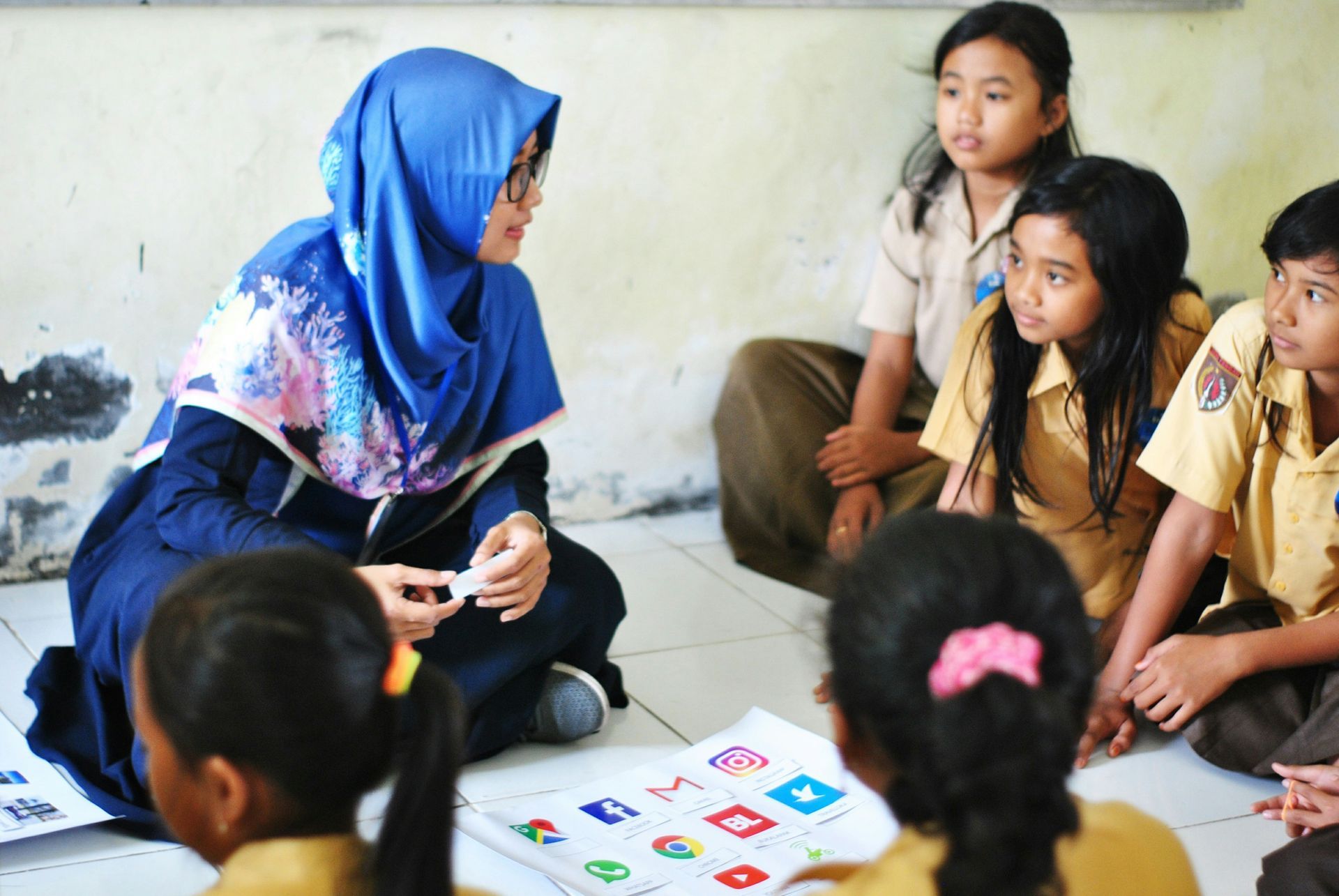






Get our latest insights, opportunities to engage with our networks, and more.
SDSN mobilizes global scientific and technological expertise to promote practical solutions for sustainable development, including the implementation of the Sustainable Development Goals (SDGs) and the Paris Climate Agreement.
Paris
19 rue Bergère
75009 Paris
France
+33 (0) 1 84 86 06 60
New York
475 Riverside Drive
Suite 530
New York NY 10115 USA
+1 (212) 870-3920
Kuala Lumpur
Sunway University
Sunway City Kuala Lumpur
5 Jalan Universiti
Selangor 47500
Malaysia
+60 (3) 7491-8622